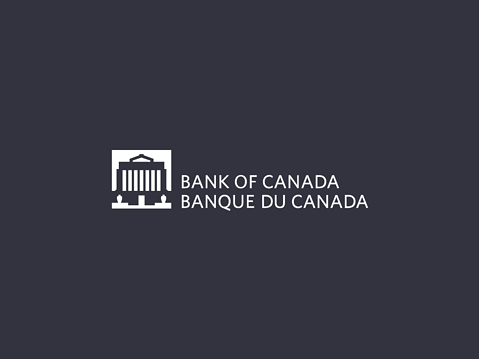In 2024, approximately 2.2 million mortgages in Canada are up for mortgage renewal, representing over 45% of all outstanding mortgages, as per data from the Canada Mortgage and Housing Corporation (CMHC). While those with variable-rate mortgages have already been affected by rising interest rates, a significant number of fixed-rate mortgage holders are also set to experience financial pressure as their previously low rates expire. This situation is causing considerable concern among many homeowners who are anticipating much higher monthly payments.
Among those whose mortgages are due for renewal in the next year, 76% express anxiety about the process, a 10% increase from the previous year, according to recent data from Mortgage Professionals Canada.
Fixed-rate mortgage holders, who initially locked in low rates, are now facing the reality of much higher interest rates. For homeowners worried about the upcoming increase in mortgage payments, there are several strategies to help manage the financial burden.
Mortgage Renewal Strategies
Begin Renewal Planning Early
Starting the renewal process ahead of time offers more options, and gradually increasing mortgage payments before renewal can make the transition to higher payments smoother. If making the new payments appears challenging, reaching out to your lender early on can help in negotiating a more manageable arrangement.
Work with a Mortgage Broker
Due to the higher costs associated with servicing a mortgage today, more homeowners are shopping around for better deals. Mortgage brokers can be invaluable in navigating the complexities of the industry and helping you secure the best rates, especially since not all mortgages are the same.
Explore Mortgage Relief Options
If you’re at risk of missing payments, there are several mortgage relief measures available, including borrowing back prepayments, skipping payments, or deferring mortgage payments. Each option comes with its considerations, such as increased interest costs or the need to repay deferred instalments later.
Adjust Your Budget
Conducting a cash flow analysis to identify unnecessary expenses can help free up funds to cover higher mortgage payments. Simple lifestyle changes, like cutting out extra subscriptions or dining out less often, can make a difference. If these adjustments aren’t enough, generating additional income or making significant lifestyle changes, like taking on an extra job or renting out a portion of your home, may be necessary.
Consider Selling or Downsizing
If, after analyzing your finances and cutting unnecessary expenses, you still can’t manage the higher mortgage payments, it may be time to consider selling your home and purchasing something more affordable. This could mean downsizing to a smaller property or moving to a less expensive area.
Tap into Home Equity
For those who have paid off part or all of their mortgage, accessing home equity through cash-out refinancing or a home equity line of credit (HELOC) can provide much-needed cash. However, these options come with potential downsides, such as increased interest costs or the risk of accumulating more debt.




